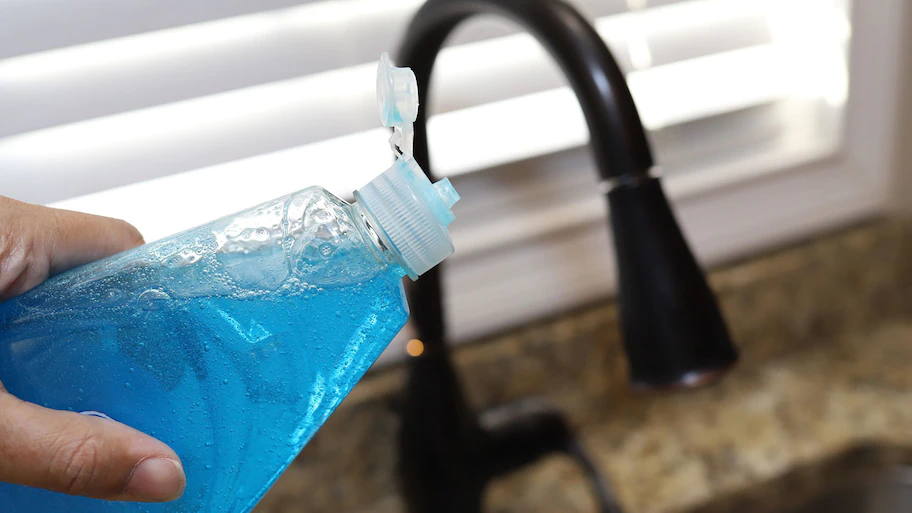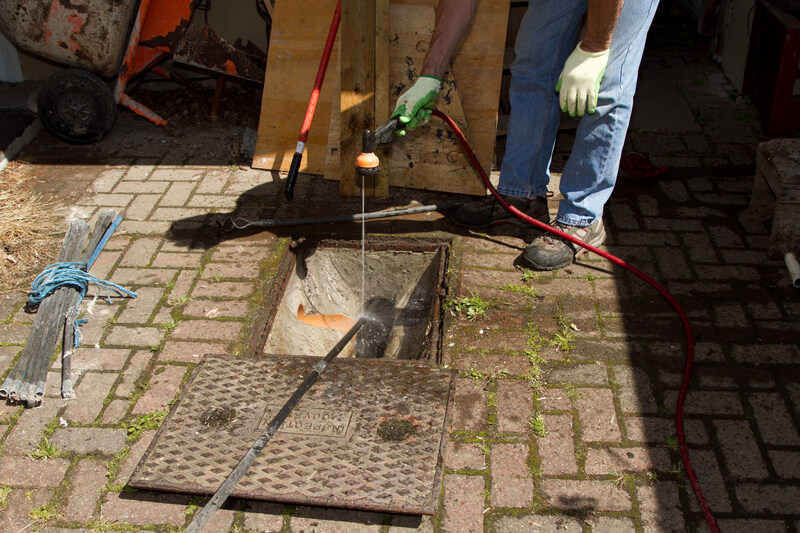Steps to Manage a Blocked Drain Before Contacting Plumbing Experts
Steps to Manage a Blocked Drain Before Contacting Plumbing Experts
Blog Article
We have discovered this post relating to Tips for Dealing with Clogged Drains and Sewer Lines below on the net and think it made good sense to talk about it with you in this article.

Introduction
Handling a blocked drain can be an aggravating experience, interfering with everyday activities and possibly creating damages to your building. Nonetheless, before connecting to plumbing experts, there are actions you can require to deal with the problem on your own. In this guide, we'll discover do it yourself options and preventive measures to take on a blocked drain effectively.
Determining the Issue
The very first step in dealing with a blocked drainpipe is recognizing the indicators. Slow-moving drainage, gurgling noises, foul odors originating from drains pipes, or water support up prevail indicators of an obstructed drainpipe. Recognizing these signs early can aid stop better complications.
Usual Reasons For Blocked Drains
Understanding the elements that add to drain pipes clogs is necessary for reliable resolution. Typical offenders consist of hair, soap scum, oil, food debris, and foreign objects like sanitary products or paper towels. Tree origins getting into underground pipelines can also create substantial blockages.
DIY Solutions
For minor blockages, a number of do it yourself remedies can be reliable. Putting boiling water down the drainpipe can aid liquify oil and particles. Baking soda and vinegar or a mixture of salt and baking soda can function as all-natural cleaners. Making use of a bettor or pipes serpent to remove obstructions is an additional option.
Devices and Devices
Having the right devices accessible can make do it yourself drainpipe cleaning up more reliable. A plunger is a versatile tool for clearing blockages in sinks, commodes, and showers. A pipes serpent or auger can get to deeper obstructions, while drainpipe cleaning chemicals can be used meticulously for stubborn obstructions.
Safety nets
To prevent future blockages, taking on preventive measures is important. Mount drain guards or strainers to capture hair and particles prior to they go into the pipelines. Frequently flush drains pipes with warm water to dissolve grease buildup, and stay clear of throwing away grease or strong waste away.
When to Call a Professional
While DIY solutions can settle minor blockages, specific signs show the need for specialist aid. Relentless clogs, foul odors regardless of cleaning efforts, or multiple drains supporting all at once are warnings that call for skilled treatment.
Picking the Right Plumbing Service
When picking a pipes solution, think about elements such as experience, licensing, and customer reviews. Choose a credible plumbing with a track record of quality craftsmanship and clear pricing methods.
Expense Factors to consider
The price of specialist drain cleaning company can differ relying on the intensity of the blockage and the plumber's rates. Demand quotes from multiple companies and inquire about any kind of service charges to guarantee openness and avoid surprises.
Safety and security Measures
When trying do it yourself drainpipe cleaning, focus on security. Wear safety handwear covers and glasses to avoid contact with damaging chemicals or germs. Never ever blend different drainpipe cleansing items, as this can create dangerous fumes.
Situation Researches
Real-life examples illustrate the effectiveness of do it yourself solutions and the significance of timely professional treatment in resolving drain obstructions.
Final thought
By following the pointers laid out in this guide, you can effectively take on blocked drains pipes and stop future pipes issues. Whether choosing do it yourself solutions or seeking expert support, timely action is key to maintaining a healthy and balanced plumbing system and protecting the honesty of your home.
How to Clear a Clogged Drain Yourself (And When to Call In the Professionals)
What Can Clog a Drain
Dirt Skin flakes Hair Grease Soap scum Food Offset pipes Tree roots Small objects Mineral buildup DIY Tricks to Unclog a Drain
You can fix this! Once you have identified the source of the clog (or have a vague idea), you can try one or a combination of these fixes in order to clear your plumbing.
Wire Hanger or Snake
Untangle and clear out hair from a drainpipe with a homemade snake. Use a straightened-out wire hanger with a 90-degree angle hook to locate the clog and drag out any unwanted material.
Remember not to push the clog further down to where the wire hanger cannot reach! If you need to follow up with a plunger, give it a try. Your efforts might be more successful after it’s been wire-snaked.
If you want to get fancy and don’t have a wire hanger to spare, head to the store and pick up a hand-operated drain snake. You can get one for $10-$30. It may save you the hassle, and provide additional length to reach deep into the clogged pipe.
Plunger
A cup plunger has a suction cup attached to a wooden handle. The rubber creates a seal around the drain, and increases the pressure force of the plunger.
Plunge for 30-second increments to loosen the clog. This may need to be repeated over the course of 15-20 minutes. Once plunged, run the water to flush the remaining material out of the drain.
Remember– never use a plunger if you have used a chemical drain cleaner. These chemicals can splash up from the force of the plunger and cause serious injury or burns.
Boiling Water
Hot water can sometimes break up materials into a flushable amount. Dirt, grease, and soap buildup requires heat in order to unstick from surfaces.
Take your kitchen kettle and heat your water to a boil. Once it reaches a rolling boil, pour it directly down the drain into the blockage. Carefully follow with plunging, if necessary.
Don’t worry if this takes more than one try! It can often take multiple kettles and repeated plunging in order to clear a particularly stubborn clog.
Chemical Drain Cleaner
As a last resort, pick up a bottle of chemical drain cleaner. Drain-cleaning chemicals are potent, and not very good for the environment.
You may need to wear protective eyewear in gloves before handling your bottle of chemical drain cleaner. Follow the instructions printed on the bottle, and flush with water as soon as the instructions allow. Do not follow with plunging.
Baking Soda and Vinegar
As a safer alternative to chemical drain cleaner, baking soda and vinegar can create a chemical reaction that clears tough clogs.
Combine one cup of cleaning vinegar with one cup of boiling water, and set aside. Once you have done this, pour half a cup of baking soda down the drain. Give the baking thirty seconds to settle and cover a large portion of the problem drain.
Following the baking soda, pour down your vinegar and hot water solution. Once the vinegar and baking soda combine, the mixture will bubble and fix. Let this reaction fizzle in the drain for about an hour.
After an hour, follow with a kettle’s worth of hot water. The heat and liquid should flush out any remaining material.
When to Call a Plumber
If your DIY attempts haven’t cleared your clog drain, it’s time to call in a professional. It’s not worth losing access to your kitchen sink or high-traffic bathroom. A clog in a vital area can keep you from the things you’d rather be doing, and derail your routine.
Anytime a clog is causing water to spread is a time to call in a plumbing service. What starts out as a little bit of water can quickly grow into serious, expensive water damage.
Additionally, a serious clog can result in burst pipes or serious leaks. Make sure you know when to take it seriously!
https://myguysnow.com/how-to-clear-a-clogged-drain-yourself-and-when-to-call-in-the-professionals/

We had been made aware of that article on What I learned from trying to deal with a clogged drain through an associate on a different domain. Sharing is nice. One never knows, you could be helping someone out. Thank you for being here. Kindly check up our website back soon.
Click Here Report this page